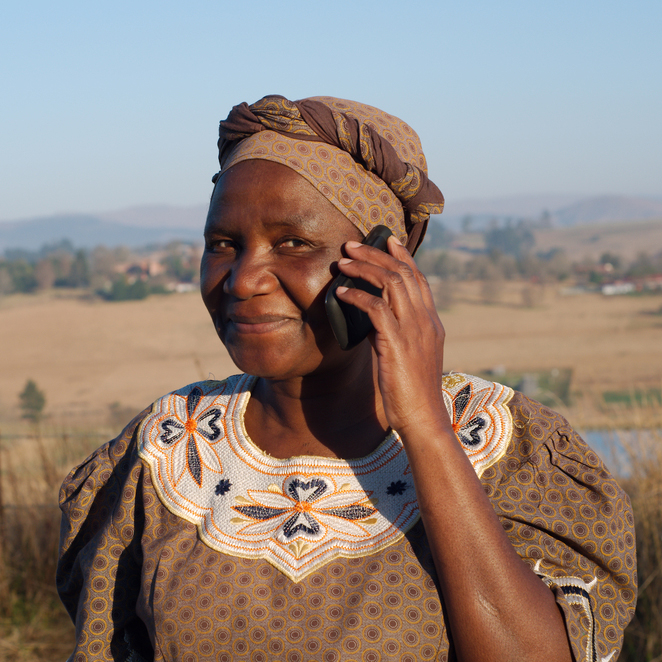The Cell Phone Connected the Unbanked, Bitcoin Will Bank Them
 In a guest post on Virgin Entrepreneur Dominic Frisby – the author of “Bitcoin: the Future of Money?” – argues that Bitcoin will do to banking what the cell phone did to telecom.
In a guest post on Virgin Entrepreneur Dominic Frisby – the author of “Bitcoin: the Future of Money?” – argues that Bitcoin will do to banking what the cell phone did to telecom.
Cell phones are technically more advanced and much more flexible than landline phones, and today they offer a lot of new and useful options, but the main reason for the explosive growth of the cell phone market worldwide is financial inclusion.
“Quite simply, many people couldn’t get access to the basic financial services needed to get a landline. Landlines were, except for pay-phones, credit-based. You needed a bank account. Many people might have liked a landline, but couldn’t.”
Cell phones dramatically lowered the barriers to entry for telecom services. Suddenly, the unbanked of the world were able to buy a cell phone and a prepaid card for a reasonable payment in cash, no questions asked. It’s not surprising then that cell phones swiftly penetrated the developing world: quite simply, it was the first time that large segments of the population could access telecom services.
Bitcoin Could Enable 3.5 Billion Financially Excluded People to Participate in World Trade
Frisby argues that Bitcoin can do the same for banking and financial services. Suddenly, the unbanked of the world are able to send and receive electronic cash online, no questions asked.
It is estimated that half of all adults worldwide do not have access to basic financial services. According to the World Bank, the reasons for this are “poverty, the cost, the travel distance and the necessary paperwork to open an account.”
Thanks to Bitcoin and other forms of mobile money, this lack of basic financial services is no longer a barrier to entry. You don’t need a bank account or any of that stuff. That’s history. All you need to participate in ecommerce is some internet access. Most of the world’s population will have that long before they have proper sanitation, education or healthcare.
This is already happening without Bitcoin, thanks to local mobile e-payment services like M-Pesa, which is creating an economic boom in Kenya (compared to nearby countries). With a global, decentralized system like Bitcoin, the possibilities become enormous.
What do you think of the potential of Bitcoin to open financial services to the unbanked? Comment below!
Images from Shutterstock.